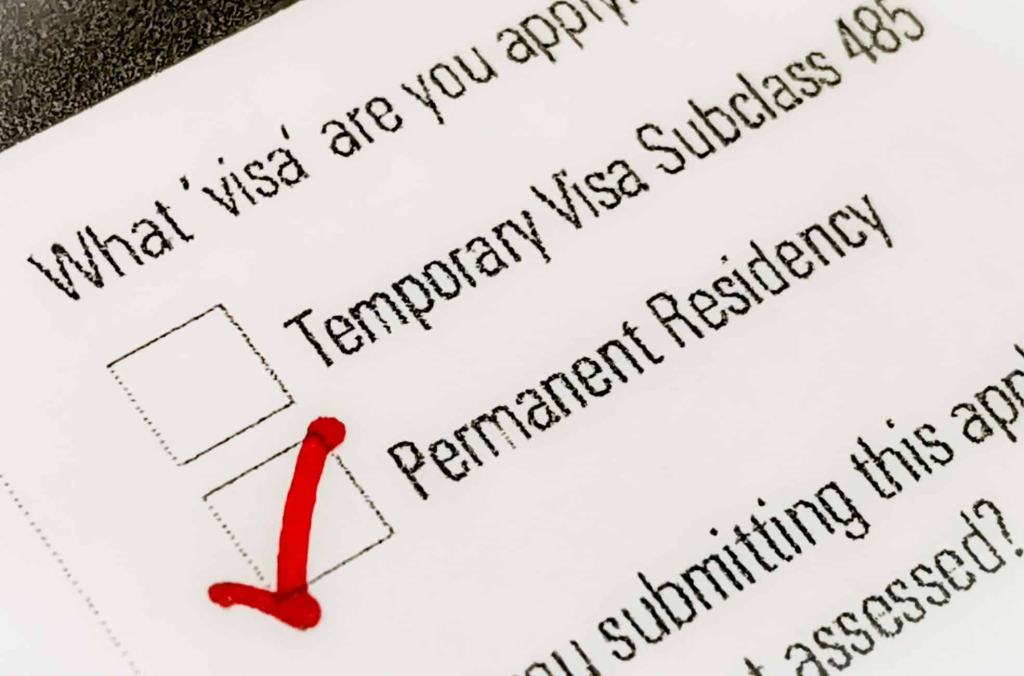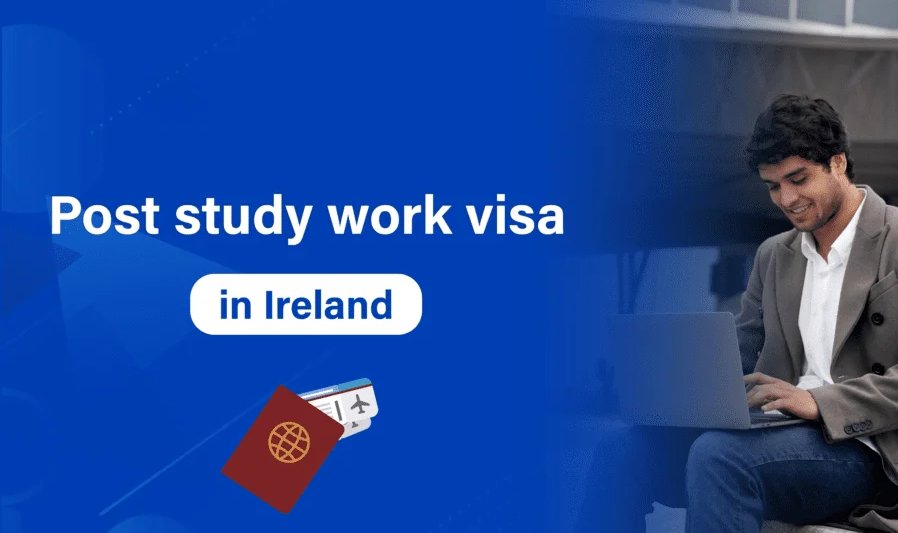
Looking to know more about post-study work visa in Abu Dhabi? You are in the right place.
Abu Dhabi is fast emerging as a preferred destination for Indian students, especially in fields like AI, energy, business, and health sciences. And unlike earlier years, you can now stay back, find work, and even apply for long-term visas after completing your degree — without immediately needing an employer.
Here’s how Indian students can legally remain in Abu Dhabi post graduation and build a career in the UAE.
Can Indian Students Stay Back in Abu Dhabi After Graduation?
Yes. The UAE offers a dedicated Graduate Job Seeker Visa and long-term residency options like the Green Visa and Golden Visa for qualifying students and professionals.
Post-Study Visa Options in Abu Dhabi (2025)
| Visa Type | Duration | Key Features |
|---|---|---|
| Graduate Visa (Job Seeker) | 6–12 months | For recent graduates from UAE universities; time to find a job |
| Green Visa | 5 years | For skilled professionals/freelancers; self-sponsored; sponsor family |
| Golden Visa | 10 years | For high-performing grads, researchers, and professionals in priority sectors |
| Work Permit (Employer-Sponsored) | 2–3 years | Requires confirmed job offer from UAE company |
Step-by-Step: How Indian Students Can Stay Back in Abu Dhabi
- Graduate from a UAE-accredited university (e.g. Khalifa University, MBZUAI, NYU Abu Dhabi)
- Apply for the Graduate Visa within 6 months of course completion
- Use this time to secure a job or freelance permit
- If eligible, transition to a Green Visa or Golden Visa
- Apply for family sponsorship or business setup, if applicable
In-Demand Sectors in Abu Dhabi Hiring Indian Graduates
| Sector | Sample Roles |
|---|---|
| Artificial Intelligence | ML Engineer, AI Researcher, NLP Specialist |
| Energy & Sustainability | Renewable Energy Analyst, Energy Consultant |
| Healthcare | Clinical Researcher, Biomedical Engineer |
| Finance | Risk Analyst, Compliance Officer |
| Cybersecurity | Threat Analyst, Security Consultant |
| Government Tech | Data Scientist, Policy Technologist |
Visa Costs and Requirements (Approximate)
| Visa Type | Cost (AED) | Key Documents |
|---|---|---|
| Graduate Visa | 1,000–1,500 | Degree certificate, passport, health insurance |
| Green Visa | 2,000–3,000 | Proof of employment/income, UAE qualification |
| Golden Visa | Varies | GPA ≥ 3.8 or government-nominated roles, background check |
You Might Also Like: Can Indian Students Get PR in the UAE?
Benefits of Abu Dhabi’s Post-Study Visa Options
- No immediate employer needed (Green & Graduate Visas)
- Eligible to sponsor family members
- Freedom to change jobs or freelance
- Leads to longer-term residency and PR-style stability
- Open to top Indian talent in tech, health, finance, and research
Need Personalized Help?
At Admitix, we help Indian students studying in the UAE make the most of their education investment.
From navigating post-study visa options in Abu Dhabi to helping you land a PR-style long-term residency, we’re with you through every decision.
We assist with:
- Visa category selection and SOPs
- Eligibility review for Golden or Green Visas
- Job search strategy and market connections
- Transition from study to work without legal hassles
Book your free consult today!
FAQs – Post-Study Work Visa Abu Dhabi: A Guide for Indians
1. Can I stay in Abu Dhabi after completing my degree?
Yes. You can apply for a Graduate Visa to stay back and search for a job or apply for longer-term residency.
2. How long can I stay in Abu Dhabi after graduation?
Up to 12 months initially via the Graduate Visa. After that, you may switch to a Green or Golden Visa.
3. What GPA do I need for the Golden Visa?
Generally, a GPA of 3.8 or higher from a UAE university may make you eligible, especially from top institutions.
4. Do I need a job offer to apply for a Green Visa?
No, but you must meet minimum income/salary criteria or have proof of freelance/self-employment work.
5. Can I bring my family on a post-study visa?
Yes. Both Green and Golden Visas allow you to sponsor your spouse and children.










